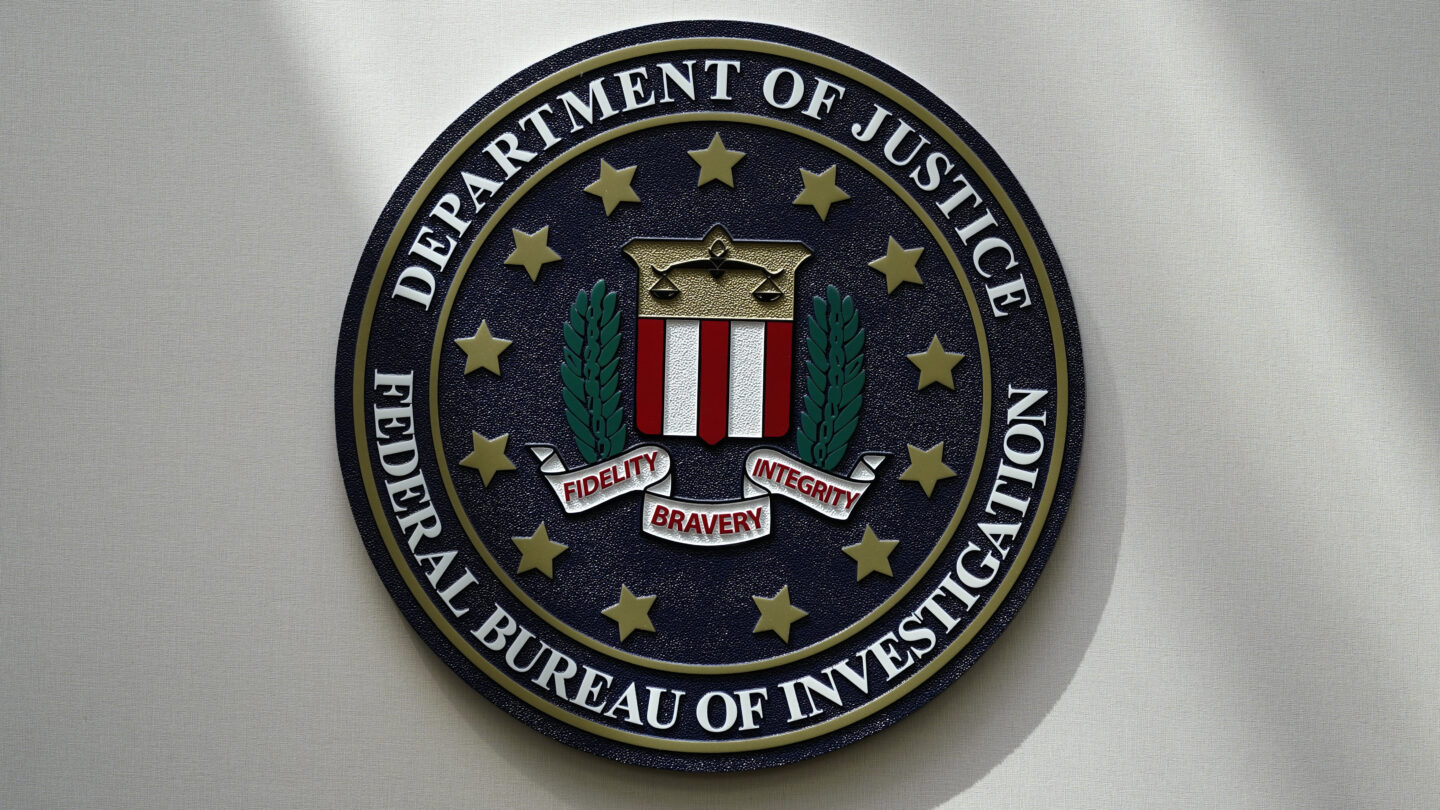FBI officials repeatedly violated their own standards when they searched a vast repository of foreign intelligence for information related to the Jan. 6, 2021, insurrection at the U..S. Capitol and racial justice protests in 2020, according to a heavily blacked-out court order released Friday.
FBI officials said the violations predated a series of corrective measures that started in the summer of 2021 and continued last year. But the problems could nonetheless complicate FBI and Justice Department efforts to receive congressional reauthorization of a warrantless surveillance program that law enforcement officials say is needed to counter terrorism, espionage and international cybercrime.
The violations were detailed in a secret court order issued last year by the Foreign Intelligence Surveillance Court, which has legal oversight of the U.S. government’s spy powers. The Office of the Director of the National Intelligence released a redacted version on Friday in what officials said was the interest of transparency. Members of Congress received the order when it was issued last year.
At issue are thousands of improper queries of foreign intelligence information collected under Section 702 of the Foreign Intelligence Surveillance Act, which enables the government to gather the communications of targeted foreigners outside the U.S. That program expires at the end of the year unless it is renewed.
The program creates a database of intelligence that U.S. agencies can search. FBI searches must have a foreign intelligence purpose or be aimed at finding evidence of a crime. But congressional critics of the program have long raised alarm about what they say are unjustified searches of the database for information about Americans, along with more general concerns about perceived abuses of surveillance.
Concerns about the program have aligned staunch liberal defenders of civil liberties with supporters of former President Donald Trump who have seized on FBI surveillance errors during an investigation into his 2016 campaign. The issue has flared as the Republican-led House has been targeting the FBI, creating a committee to investigate the “weaponization” of government.
In repeated episodes disclosed Friday, the FBI’s own standards were not followed. The April 2022 order, for instances, details how the FBI queried the Section 702 repository using the name of someone who was believed to have been at the Capitol during the Jan. 6 riot. Officials obtained the information despite it not having any “analytical, investigative or evidentiary purpose,” the order said.
The court order also says that an FBI analyst ran 13 queries of people suspected of being involved in the Capitol riot to determine if they had any foreign ties, but the Justice Department later determined that the searches were not likely to find foreign intelligence information or evidence of a crime.
Other violations occurred when FBI officials in June 2020 ran searches related to more than 100 people arrested in connection with civil unrest and racial justice protests that had occurred in the U.S. over the preceding weeks. The order says the FBI had maintained that the queries were likely to return foreign intelligence, though the reasons given for that assessment are mostly redacted.
In addition, the FBI conducted what’s known as a batch query for 19,000 donors to an unnamed congressional campaign. An analyst doing the search cited concern that the campaign was a target of foreign influence, but the Justice Department said only “eight identifiers used in the query had sufficient ties to foreign influence activities to comply with the querying standard.”
Officials said the case involved a candidate who ran unsuccessfully and is not a sitting member of Congress, and is unrelated to an episode described in March by Rep. Darin LaHood, an Illinois Republican, who accused the FBI of wrongly searching for his name in foreign surveillance data.
Senior FBI officials, speaking on condition of anonymity to reporters under ground rules set by the government, attributed the majority of the violations to confusion among the workforce and a lack of common understanding about the querying standards.
They said the bureau has made significant changes since then, including mandating training and overhauling its computer system so that FBI officials must now enter a justification for the search in their own words than relying on a drop-down menu with pre-populated options.
One of the officials said an internal audit of a representative sample of searches showed an increased compliance rate from 82% before the reforms were implemented to 96% afterward.
The newly public order also shows that the National Security Agency won the surveillance court’s approval last year to use a novel and sensitive intelligence collection technique, though the details of it remain redacted. A second unsealed order shows that the court in 2021 approved a request by the FBI to use a particular surveillance technique for the first time against “non-U.S. persons,” though the details are again redacted.









